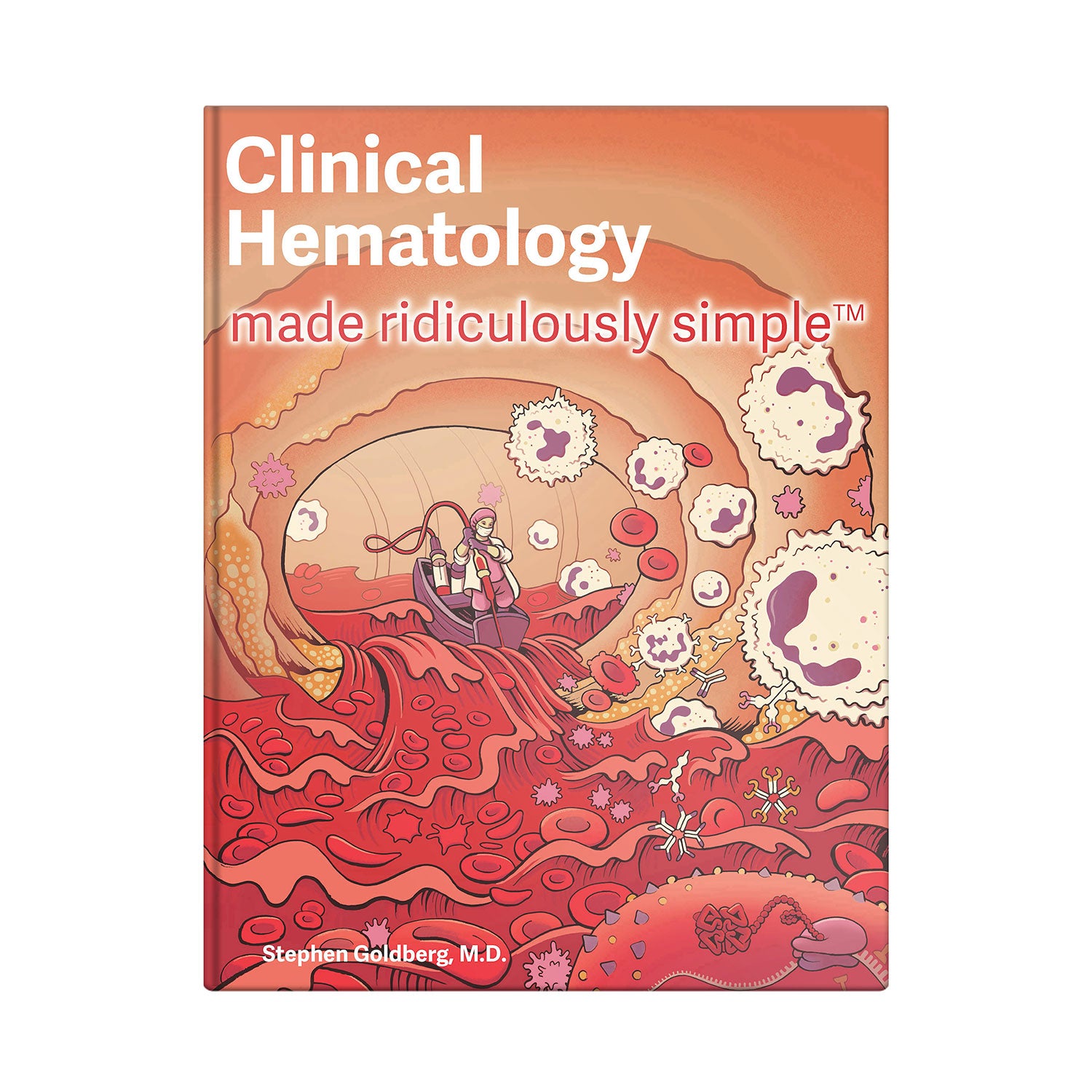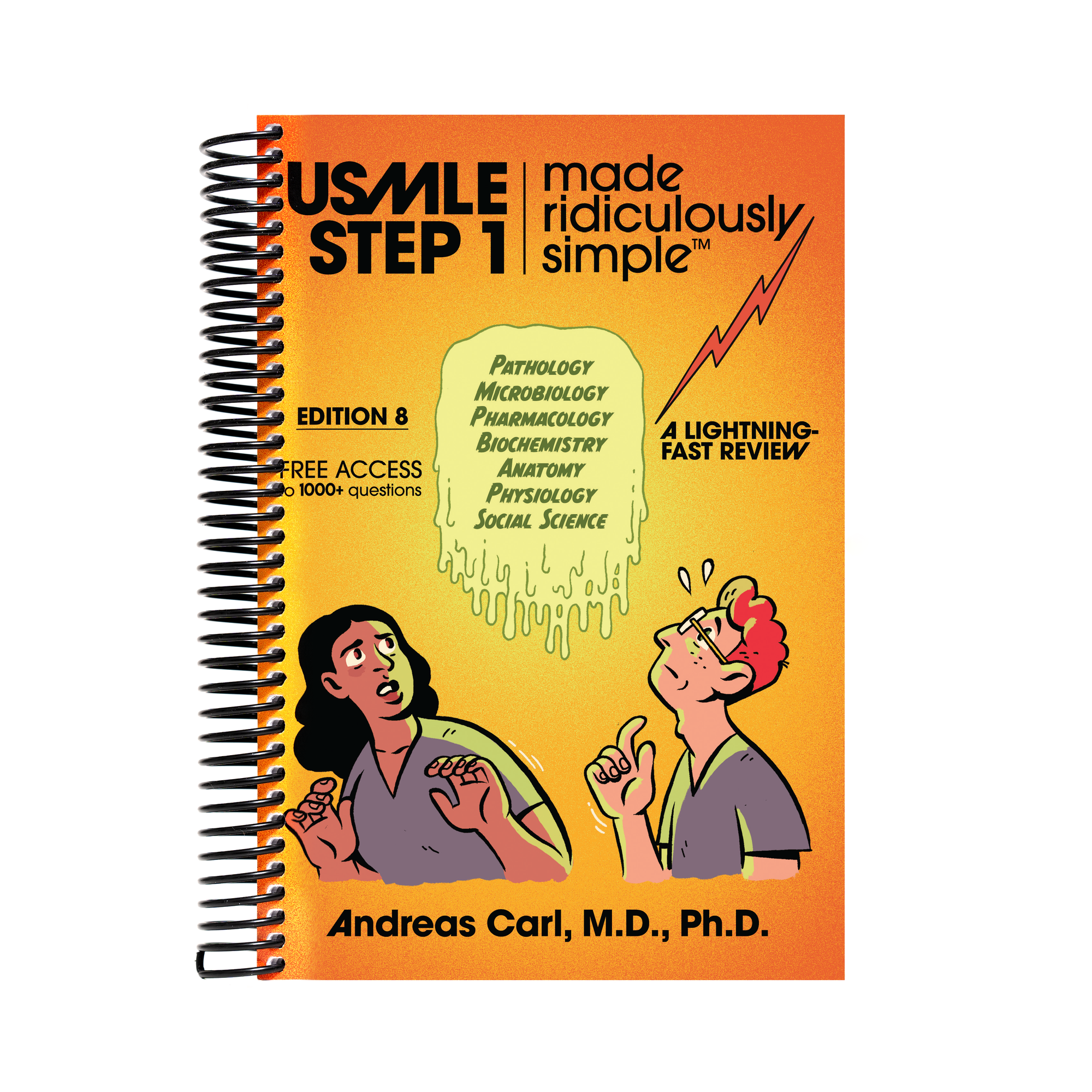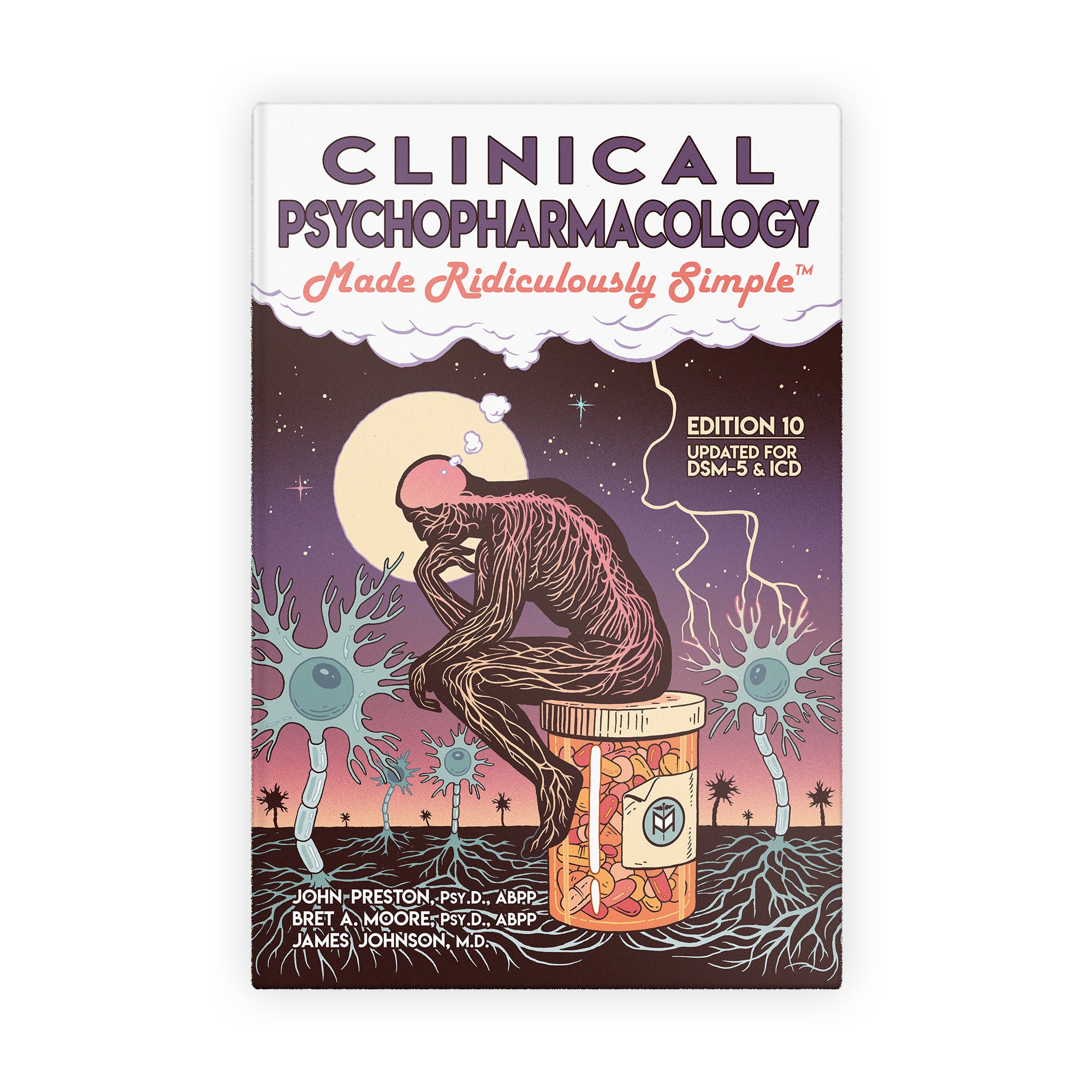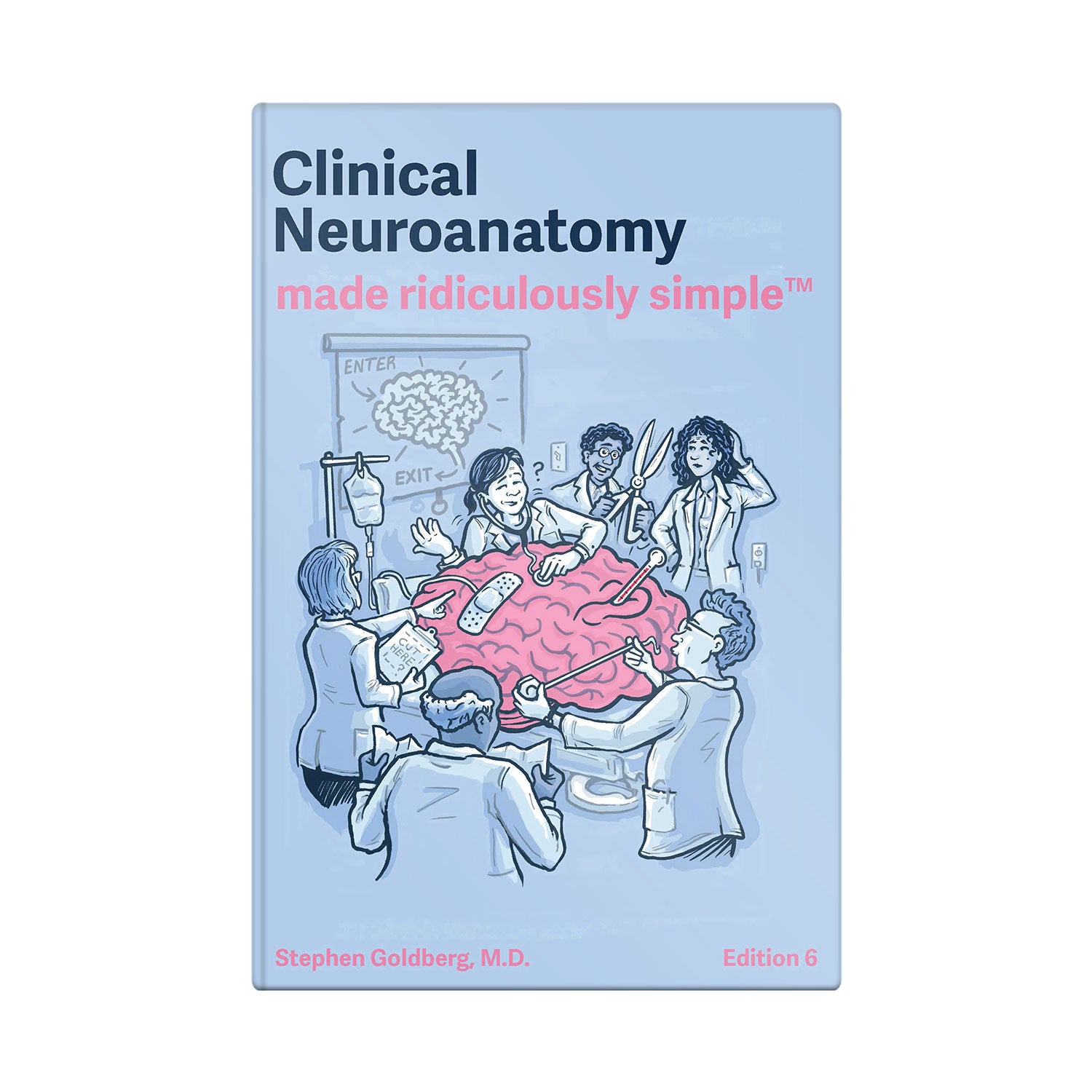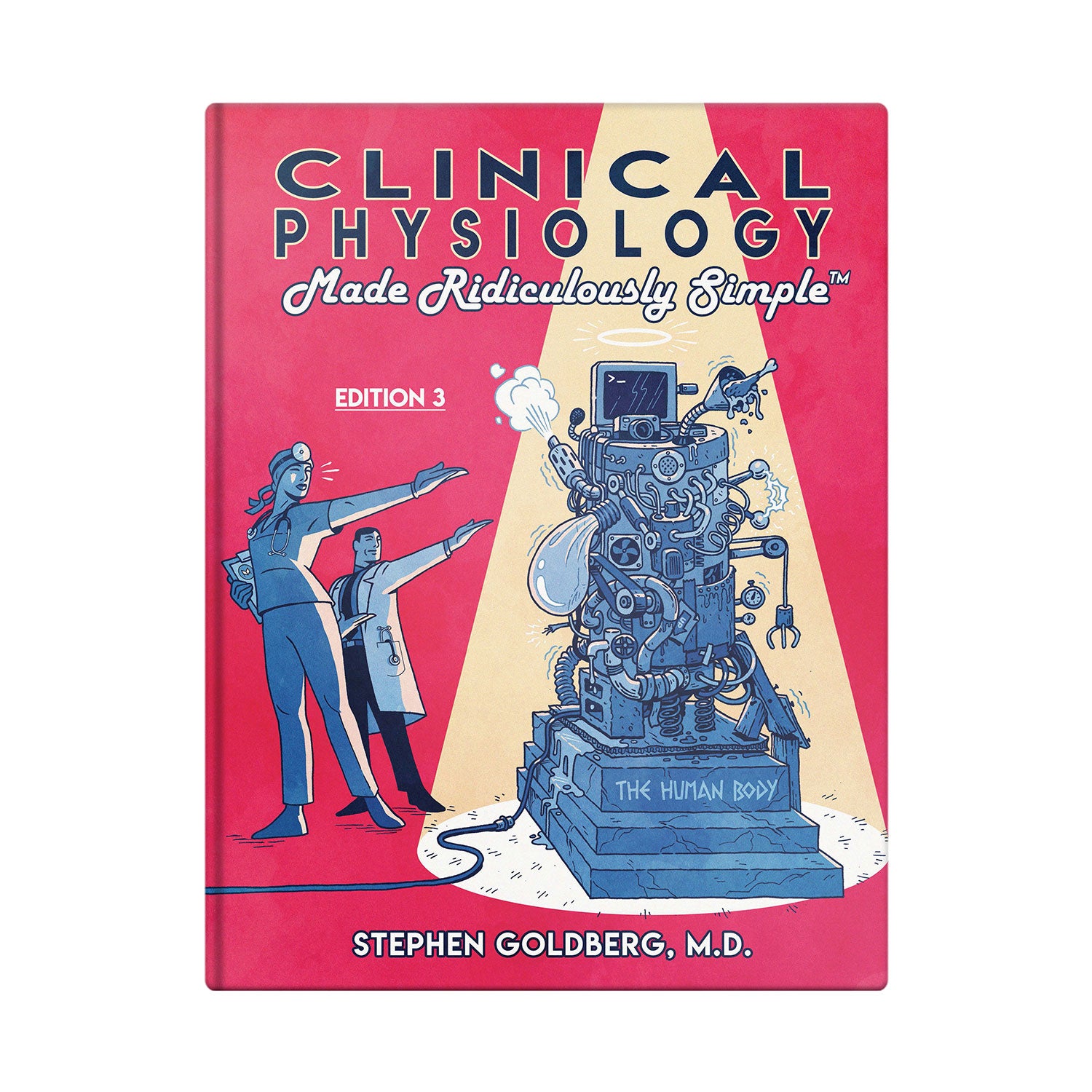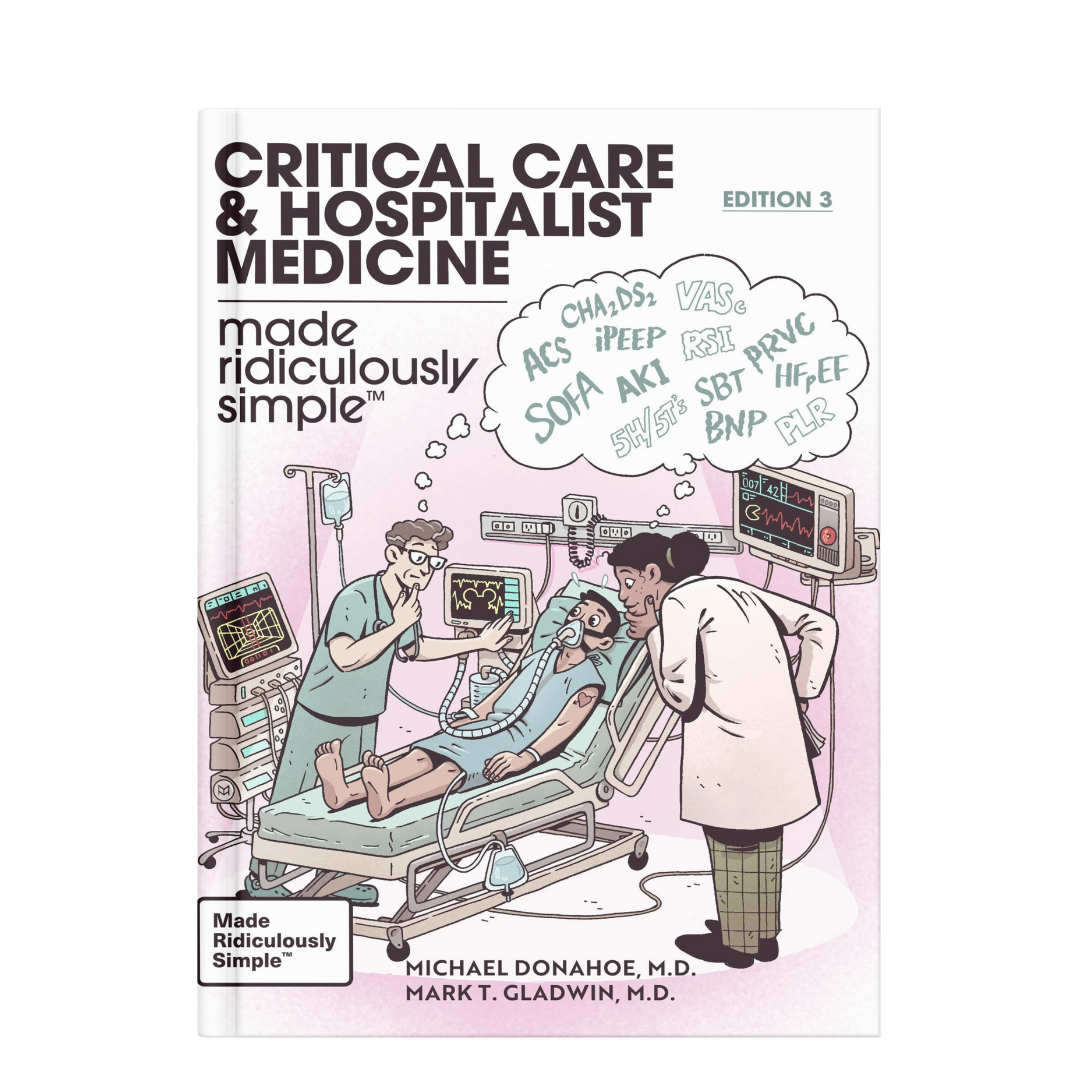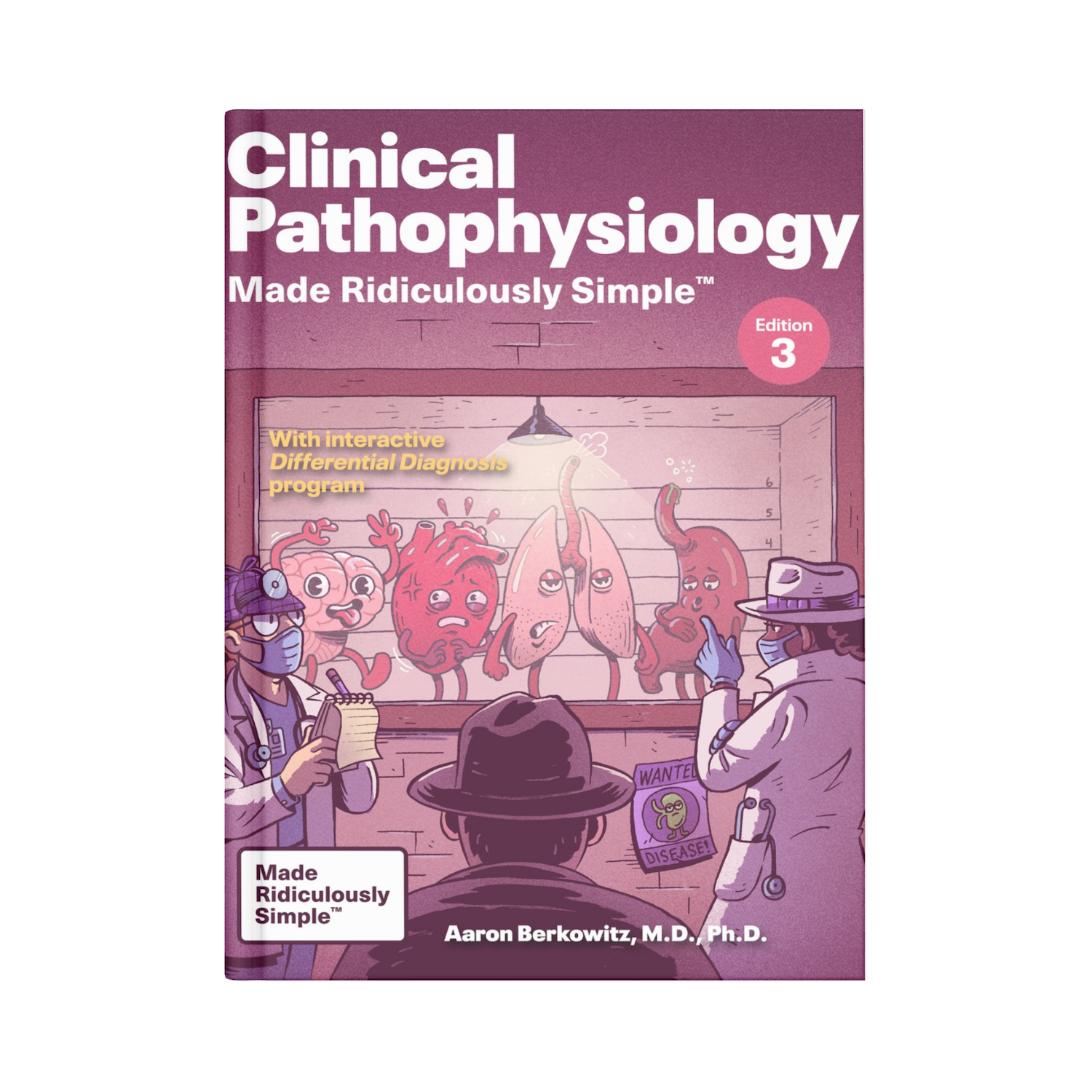
A Career In Infectious Diseases: Pros And Cons
I have been very satisfied with my choice to enter infectious diseases, but like any area of medicine it has its ups and downs. It is wise to make any career choice when fully informed.
I have always been fascinated by nature. Shortly after completing a residency in internal medicine I spent a year in Ghana practicing general medicine. I went on several African safaris, both in the bush and in clinic. The allure of going on a “safari” everyday is what drew me to a career in infectious diseases. I have maintained a fascination with tropical diseases and emerging infections. The HIV epidemic has led to a whole range of diagnoses, such as PCP and cryptococcal meningitis, which were exceedingly rare in the past. I currently work in a teaching hospital as an infectious diseases consultant, I run a county tuberculosis program, I have an HIV clinic, and I dabble in international TB/HIV research. The pros and cons of an ID career are:
Pros:
- Many career options:
- Research (opportunities in both basic and clinical research)
- Teaching (ID doctors are an integral component of any training program; we tend to be well versed in ID and general medicine).
- Clinical medicine (Job opportunities abound in academics and private sector)
- Private sector (Jobs with pharmaceutical and research firms)
- International opportunities: In tropical medicine/ HIV/ TB/ Malaria (recent increase in funding opportunities via Gates foundation, etc.).
- Primary Care opportunities: If you like establishing long term relationships with patients, HIV care might be your calling.
- Great Cases: Dengue, Malaria, MRSA, Tuberculosis, Ebola!
- Decent work hours: May vary based on which career option you choose, but rarely does an ID doctor need to come into the hospital in the middle of the night. (I can’t say the same for our surgical and OB/GYN colleagues).
- Respect of your colleagues: My impression is that ID is a highly respected specialty. There is no doubt that our services are invaluable to our colleagues.
Cons:
- Pay: Not the highest paid specialty. Despite 2 to 3 years of ID fellowship after having completed an internal medicine residency one tends to get paid about the same as an internist. (Currently in the $120K- 200K range with some outliers).
- Very few procedures: This may be looked on as a pro or a con depending on your desires. The lack of procedures largely is part of the reason for lower remuneration.
- Continual rounding: This pertains to an academic setting. If you have done an ID consult rotation you are likely familiar with this notion.
- Need for documentation: We get paid for our opinions. This requires detailed documentation.
I have been very satisfied with my choice to enter infectious diseases, but like any area of medicine it has its ups and downs. It is wise to make any career choice when fully informed.
The Goldberg Files
The Goldberg Files is based on the struggles of Dr. Goldberg as well as those of his many students which he observed while teaching medical school for 25 years. This extensive blog is dedicated to assisting students in dealing with the stresses of medical education. Want to learn more?



